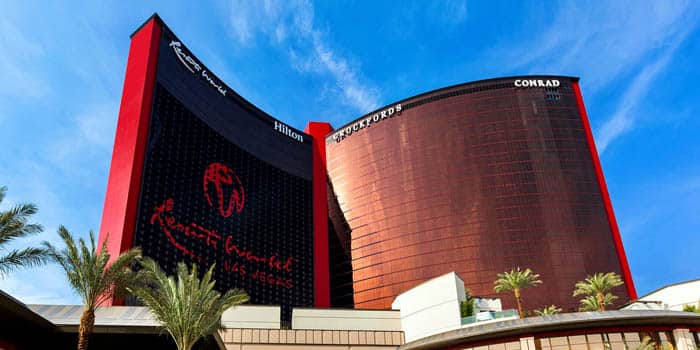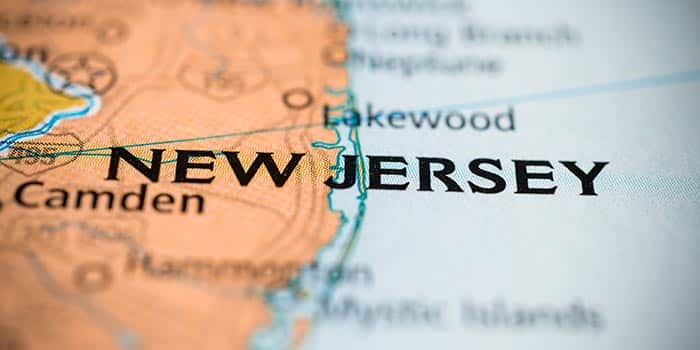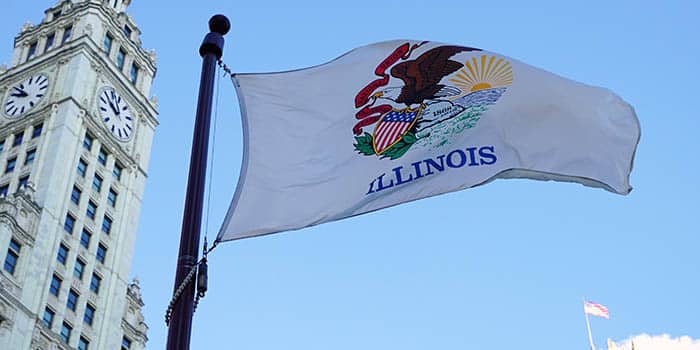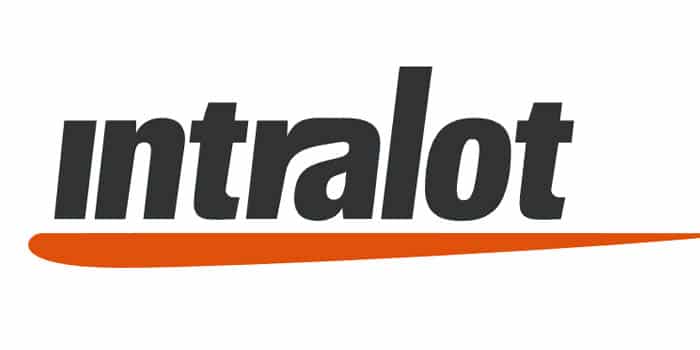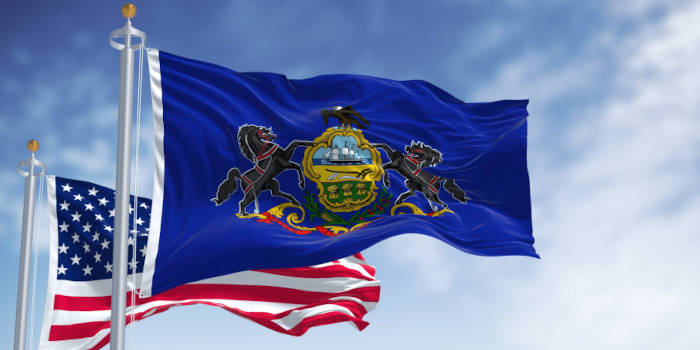- Casino
- By State
- Alabama
- Alaska
- Arizona
- Arkansas
- California
- Colorado
- Connecticut
- Delaware
- Georgia
- Florida
- Hawaii
- Idaho
- Illinois
- Indiana
- Iowa
- Kansas
- Kentucky
- Louisiana
- Maine
- Massachusetts
- Maryland
- Michigan
- Minnesota
- Mississippi
- Missouri
- Montana
- Nebraska
- Nevada
- New Hampshire
- New Jersey
- New Mexico
- New York
- North Carolina
- North Dakota
- Ohio
- Oklahoma
- Oregon
- Pennsylvania
- Rhode Island
- South Carolina
- South Dakota
- Tennessee
- Texas
- Utah
- Vermont
- Virginia
- Washington
- West Virginia
- Wisconsin
- Wyoming
- By State
- Slots
- Poker
- Sports
- Esports
New Study Suggests Online Gaming Boosts Brick-and-Mortar Casinos
The study, carried out by the Analysis Group, explored the effects of legalized iGaming in six US states, namely Connecticut, Delaware, Michigan, New Jersey, Pennsylvania, and West Virginia

A recent study commissioned by the Sports Betting Alliance (SBA) has shed light on the symbiotic relationship between online and traditional casinos, challenging conventional notions that digital platforms undermine physical establishments.
Analysis Group Study Reveals Surprising Growth in Brick-and-Mortar Revenue Amid Legal iGaming Expansion
Conducted by the Analysis Group, the study delved into the impact of legal iGaming in six US states—Connecticut, Delaware, Michigan, New Jersey, Pennsylvania, and West Virginia. Contrary to fears that online options would cannibalize brick-and-mortar revenues, the findings revealed a significant uptick in overall gaming revenue, with a remarkable 46% surge observed in 2023 compared to pre-iGaming levels.
The SBA, comprising major industry players such as DraftKings, BetMGM, FanDuel, and Fanatics Sports Book, has been at the forefront of advocating for legislative reforms to embrace online gambling. Their study challenges the apprehensions surrounding iGaming’s potential to siphon revenue away from traditional casinos.
One of the most compelling revelations from the analysis is the substantial growth experienced by land-based casinos following the introduction of online gaming. This counters the narrative of online platforms acting as competitors, instead highlighting their role as complements.
The report underscores the importance of understanding the distinct functions served by both online and traditional casinos. While digital platforms offer convenience and accessibility, physical establishments provide immersive experiences and diverse amenities.
Surprisingly, survey responses indicated that a majority of iGaming enthusiasts did not diminish their visits to brick-and-mortar casinos, citing a preference for the unique ambiance and supplementary attractions.
iGaming Legislation Sparks Economic and Political Controversy
In anticipation of potential iGaming legislation in states like Maryland, policymakers are grappling with the economic implications and regulatory frameworks.
The study forecasts a substantial revenue boost for Maryland’s gaming sector, with an estimated $224 million increase in brick-and-mortar casino revenues if iGaming is legalized.
Proponents argue that such measures not only bolster state coffers but also combat illegal offshore gambling and retain tax revenues within the local economy. The Analysis Group’s projections suggest a promising trajectory for the industry, with total market revenue expected to nearly double over the next five years if iGaming is embraced.
However, the road to legalization is fraught with political hurdles, with divergent views among lawmakers and stakeholders. While proponents emphasize the potential for revenue generation and market expansion, opponents express concerns over the societal impact and addictive behaviors associated with online gambling.
Another recent study commissioned by iDEA Growth and conducted by Eilers & Krejcik Gaming also challenged the notion that online gaming competes with brick-and-mortar casinos, suggesting instead that it enhances traditional casino revenue. Analyzing data from six regulated US states, the study revealed an average quarterly revenue increase of 2.44% following the introduction of iGaming, indicating a symbiotic relationship between online and land-based gaming.
Related Topics:
Silvia has dabbled in all sorts of writing – from content writing for social media to movie scripts. She has a Bachelor's in Screenwriting and experience in marketing and producing documentary films. With her background as a customer support agent within the gambling industry, she brings valuable insight to the Gambling News writers’ team.
Must Read
Industry
June 27, 2025
Las Vegas Sphere Bashed for Charging $170 for Pizza
More Articles



Business
July 2, 2025
Rootz Rebrands to Wildz Group, Targets Growth
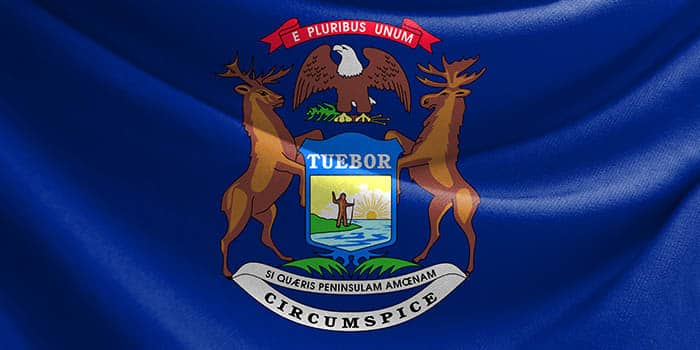
Lottery
July 2, 2025
Someone Won $865,147 at Michigan Diner







